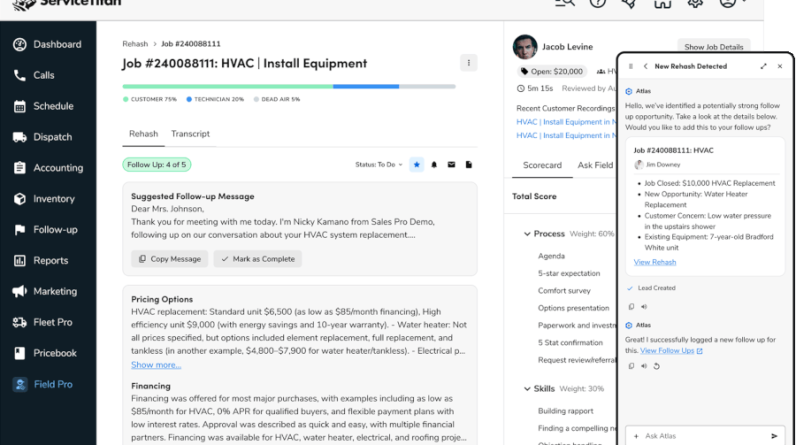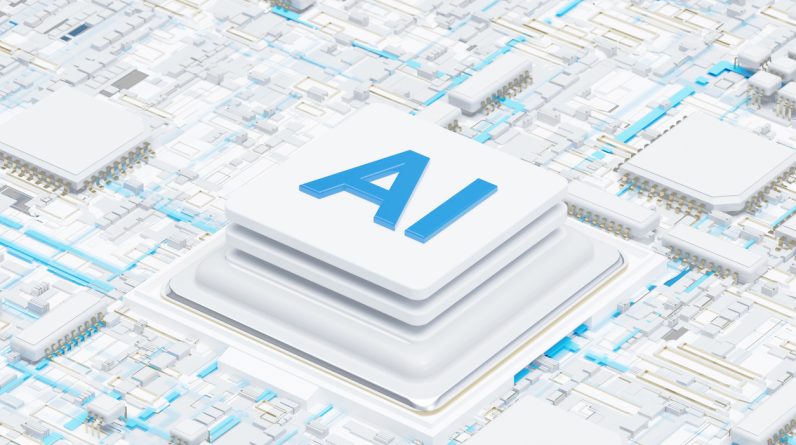Exploring AI Regulations, Healthcare Innovations, Financial Advancements, and the Evolution of ChatGPT
In an era where technological advancements are rapidly reshaping industries, the integration of Artificial Intelligence (AI) stands at the forefront of this transformation. Melih Oztalay, CEO of SmartFinds Marketing, recently appeared on MITechTV Monday, June 24, 2024, hosted by Mike Brennan and Matt Roush, to discuss the latest developments in AI and their implications for various sectors. Here are some key takeaways from the show, highlighting how AI is revolutionizing different fields.
AI Regulation and Legislation
The European Union’s introduction of the AI Act marks a significant milestone in AI governance. This comprehensive framework aims to enhance transparency concerning AI systems’ training data. The regulation is set to impact organizations globally, particularly those in Silicon Valley, by necessitating greater disclosure of their AI processes. The AI Act’s focus on transparency could foster more ethical and accountable AI development.
Advancements in Healthcare AI
The MIT-Takeda Program has made notable strides in healthcare AI, culminating in 16 publications, a patent, and numerous collaborative projects. This partnership underscores the increasing role of AI in drug development and medical research. By leveraging MIT’s AI expertise and Takeda’s R&D capabilities, the program exemplifies how AI can drive significant advancements in healthcare, leading to innovative treatments and improved patient outcomes.
AI in Financial Services
TickLab is revolutionizing the financial sector with its AI-powered quant hedge fund, E.D.I.T.H., which focuses on crypto, stocks, and forex markets. This development is indicative of AI’s growing influence in financial analytics and investment strategies. By utilizing advanced AI algorithms, TickLab aims to enhance financial decision-making and optimize investment performance, reflecting a broader trend towards AI-driven financial services.
AI and Autonomous Systems
Recent advancements in AI models, such as PaLM-E and RT-2, are enhancing the capabilities of autonomous systems. These models improve human-robot interaction, broaden application scopes, increase efficiency, and drive future innovations. The implications of these advancements are far-reaching, offering significant value to various industries by improving productivity, reducing costs, and enhancing overall operational efficiency.
ChatGPT-5 versus ChatGPT-4
The anticipated release of ChatGPT-5 promises several enhancements over its predecessor, ChatGPT-4:
- Autonomous AI Agents: ChatGPT-5 will introduce AI agents capable of performing tasks autonomously, such as scheduling appointments and managing emails, making AI interactions more human-like.
- Multimodal Capabilities: Enhanced processing of various inputs, including text, images, and videos, enabling more complex and integrated responses.
- Voice Capabilities: Significant improvements in AI voice generation, making interactions more natural and personalized.
- Enhanced Performance and Scalability: With over 1.5 trillion parameters, ChatGPT-5 will offer improved reasoning abilities and handle more nuanced interactions.
- Improved Data Integration: Incorporating a broader array of training data, enhancing accuracy and reliability in specialized fields like healthcare, finance, and legal services.
These upgrades position ChatGPT-5 as a more powerful and versatile tool compared to ChatGPT-4.
Retrieval-Augmented Generation (RAG) in AI
RAG systems introduce autonomous agents to traditional AI frameworks, enhancing AI’s ability to provide context-aware, intelligent, and precise responses. Key benefits of RAG include:
- Context Awareness: More relevant and thoughtful responses.
- Intelligent Retrieval: Advanced techniques for better data retrieval.
- Multi-Agent Orchestration: Managing complex searches across various data sources.
- Agentic Reasoning: Ensuring accurate and dependable information.
- Adaptability and Learning: Continuous improvement over time.
RAG’s applications span customer service, conversational AI, content creation, education, healthcare, and legal compliance, highlighting its potential to transform information retrieval and decision-making processes.
Accept Artificial Intelligence
The discussion on MITechTV with Melih Oztalay provides a comprehensive overview of the rapid advancements in AI and their transformative impact on various sectors. From regulatory frameworks and healthcare innovations to financial services and autonomous systems, AI is paving the way for a more efficient and innovative future. As AI continues to evolve, staying informed about these developments will be crucial for businesses and individuals alike.






